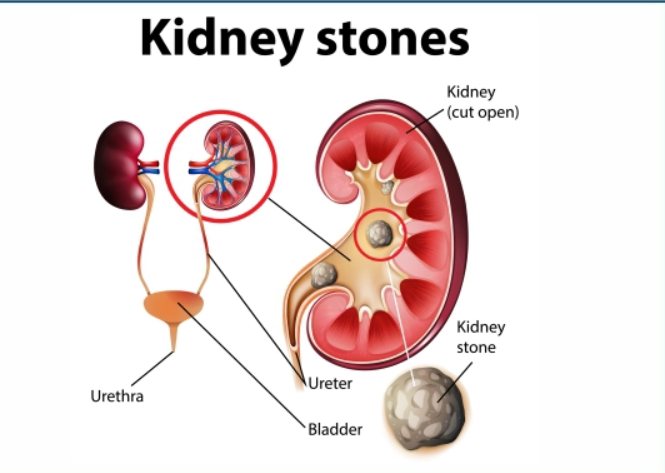Maintaining proper hydration is essential to a well-rounded dietary strategy in order to eliminate probable kidney stone-forming agents from the urine. Continue reading to learn what foods we should include in our diet.
Kidney stones are formed when certain substances, such as calcium, oxalate, and uric acid, accumulate and crystallise in the kidneys. A well-balanced diet helps prevent the excessive buildup of these substances, reducing the risk of kidney stone formation. According to Dr. Rashmi S. R., who is a consultant nephrologist at Apollo Clinic, Marathahalli, “a well-rounded dietary approach involves staying adequately hydrated to flush out potential stone-forming substances in urine. It also emphasises controlling sodium intake to minimise calcium accumulation, moderating protein consumption to avoid increased uric acid and calcium levels, and balancing calcium intake to prevent oxalate-based stone formation.”
What should the diet be for kidney stones?
Dr. Shailesh Chandra Sahay, who is the Director of Urology at Max Super Speciality Hospital, Patparganj, said that an abalone diet plays a crucial role in preventing kidney stones and maintaining overall renal health.
Also read-Parkinson’s Disease “Freezing” May Be Removed With A Robotic Exosuit
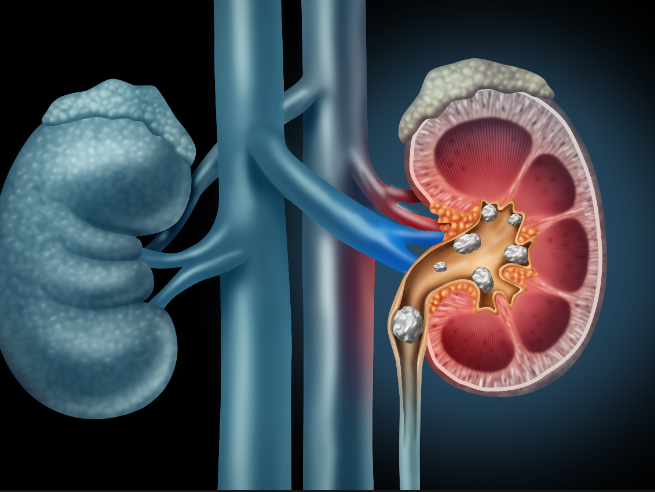
He listed the food items that should be included:
- Hydration: A balanced diet includes an adequate intake of water, which is essential for diluting urine and preventing the concentration of minerals that can lead to stone formation. Staying well-hydrated helps in flushing out toxins and maintaining optimal kidney function.
- Controlled Sodium Intake: High sodium levels can increase calcium excretion in the urine, contributing to the formation of kidney stones. A balanced diet focuses on moderate sodium intake, helping to regulate fluid balance and minimize stress on the kidneys.
- Calcium Regulation: Contrary to common misconceptions, adequate calcium intake is crucial for kidney health. However, it’s essential to obtain calcium from dietary sources rather than supplements. A balanced diet ensures the right amount of calcium, promoting bone health and reducing the risk of oxalate absorption, a factor in stone formation.
- Limiting Oxalate-Rich Foods: Some kidney stones are formed from the combination of calcium and oxalate. A balanced diet involves moderation in consuming oxalate-rich foods like beets, nuts, and chocolate, preventing excessive oxalate build-up in the kidneys.
- Moderate Protein Intake: High-protein diets can lead to an increase in uric acid production, potentially contributing to kidney stones. A balanced diet includes an appropriate amount of protein from various sources, promoting kidney health without overloading the organs.
Furthermore, Aster CMI Hospital Bangalore’s Lead Consultant in Urology and Uro Oncology, Dr. Govardhan Reddy, enumerated five crucial veggies that should be consumed in moderation in order to preserve kidney health:
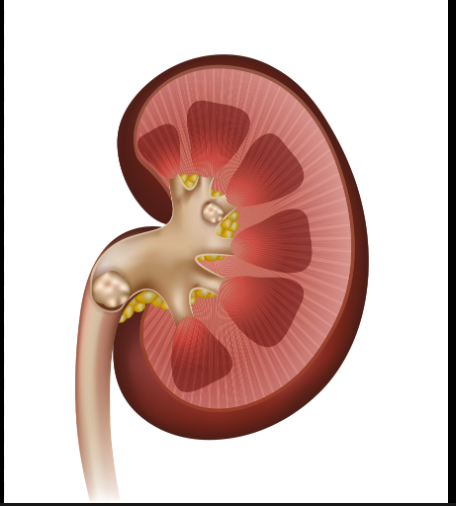
- Spinach
- Raw tomato
- Brinjal
- Cauliflower
- Mushroom
Types of kidney stones:
- Calcium oxalate stones.
- Uric acid stones
- Struvite stones.
- Cystine stones.
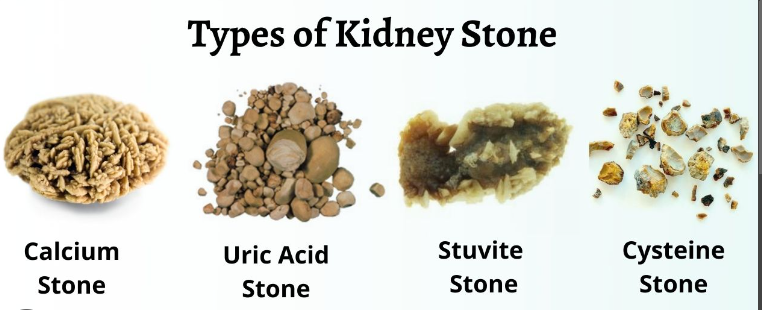
The most common type of kidney stone is a calcium oxalate stone, which forms when calcium combines with oxalate in your urine. Oxalate is a substance found in many foods, particularly plant-based foods. Eighty percent of kidney stones are formed by calcium oxalate. Causes of calcium oxalate stones include a diet high in oxalate and not consuming enough calcium or fluid.
Uric acid stones occur when your urine is too acidic. For instance, you may have lost fluid due to dehydration or diarrhea, says registered dietitian Kimberly Barton of Bair Aesthetics in Columbus, Ohio. A diet that is high in protein may also lead to uric acid stones. Uric acid stones make up about 9% of the stones that occur in people, Semins says. Struvite stones are commonly linked to urinary tract infections. They form when ammonia builds up in your urine.
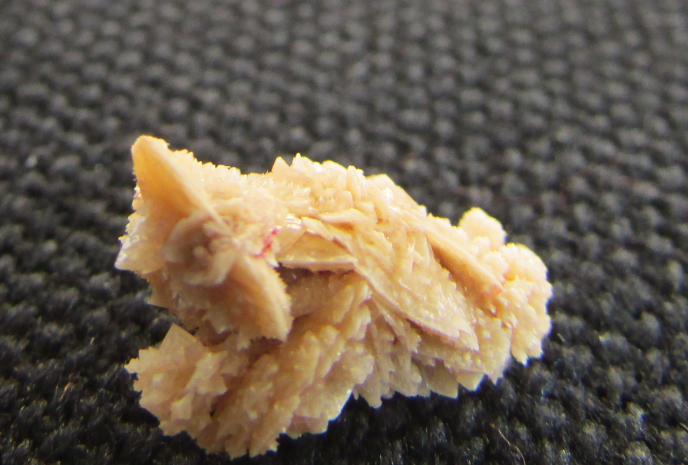
Cystine stones are the least common type of kidney stone, and they’re formed by a genetic disorder called cystinuria. A person with cystinuria leaks a substance called cystine in their urine. When there’s too much cystine, it can lead to the formation of kidney stones. An estimated 1 in 7,000 people have cystinuria.
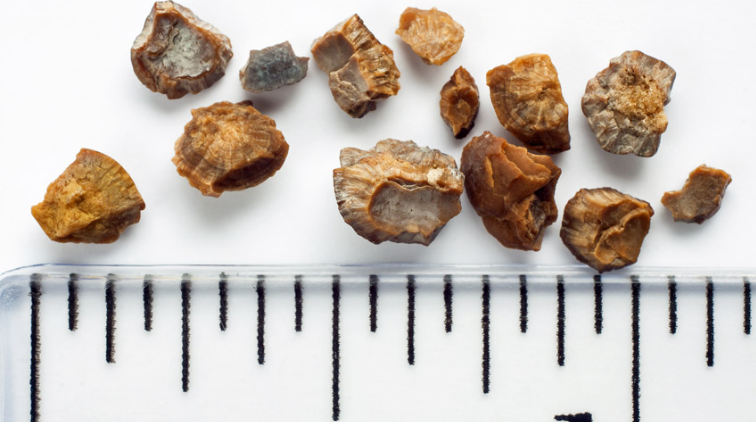
Also read: The Best Foods for Kidney Stone Prevention
images source: Google
Disclaimer: The opinions and suggestions expressed in this article are solely those of the individual analysts. These are not the opinions of HNN. For more, please consult with your doctor







